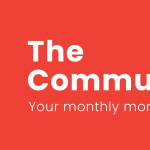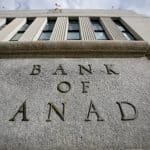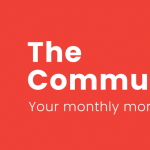|
Top 10 Scams in Detail |
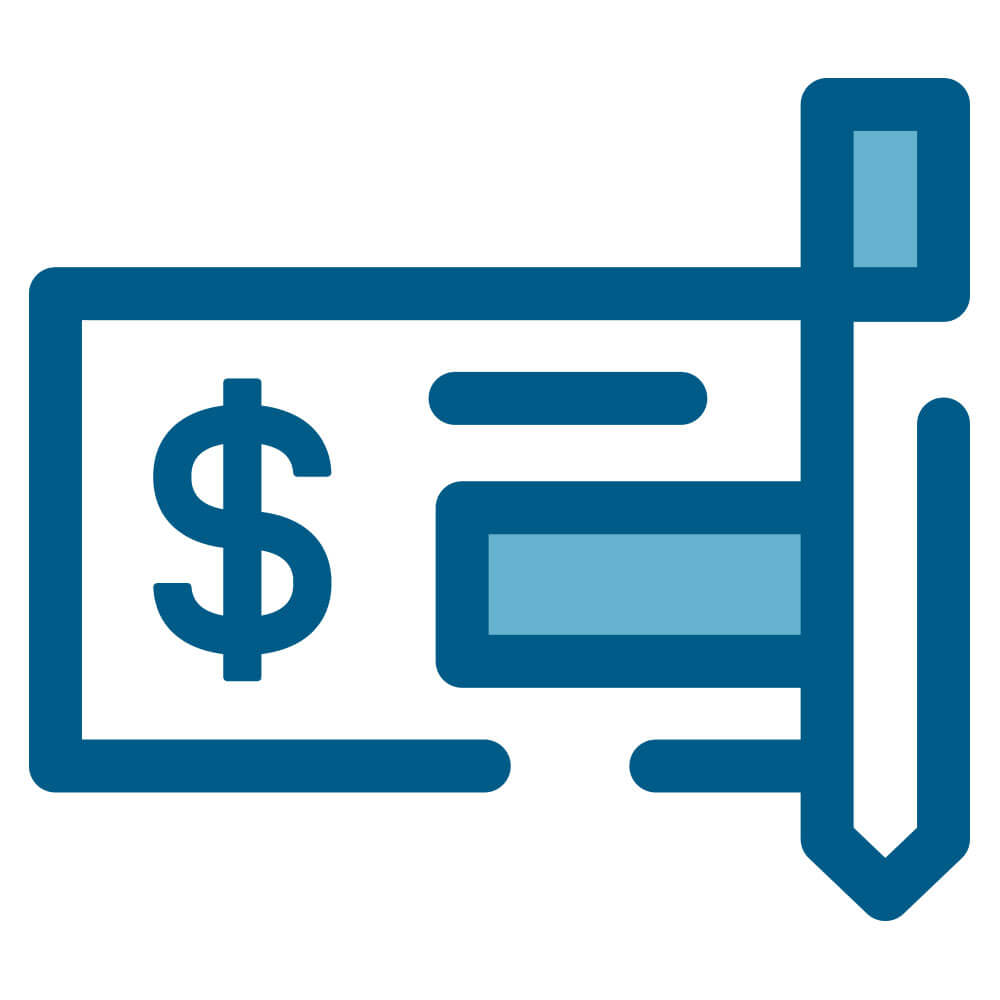
|
1. Employment Scam The most reported scam to BBB Scam Tracker. You likely didn’t apply, much less get an interview for a job you can do from home. It’s just a cheque cashing scheme that is simply too good to be true.
|
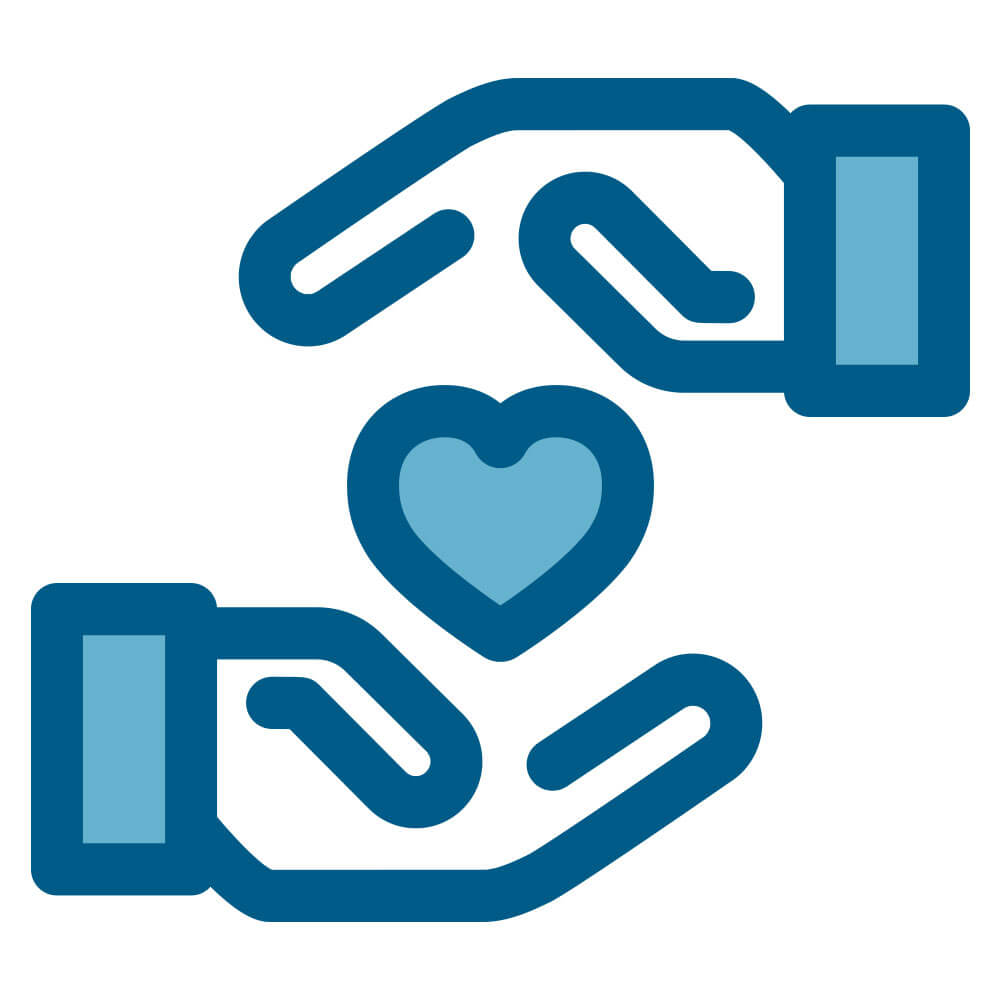
|
2. Romance Scams Online dating is big business to scammers. Canadians give away a lot of money as they give away their hearts to Catphishers. Catphishing is when a fraudster fakes an identity and tricks someone via dating sites into a phony emotional or romantic relationship for financial gain.
|
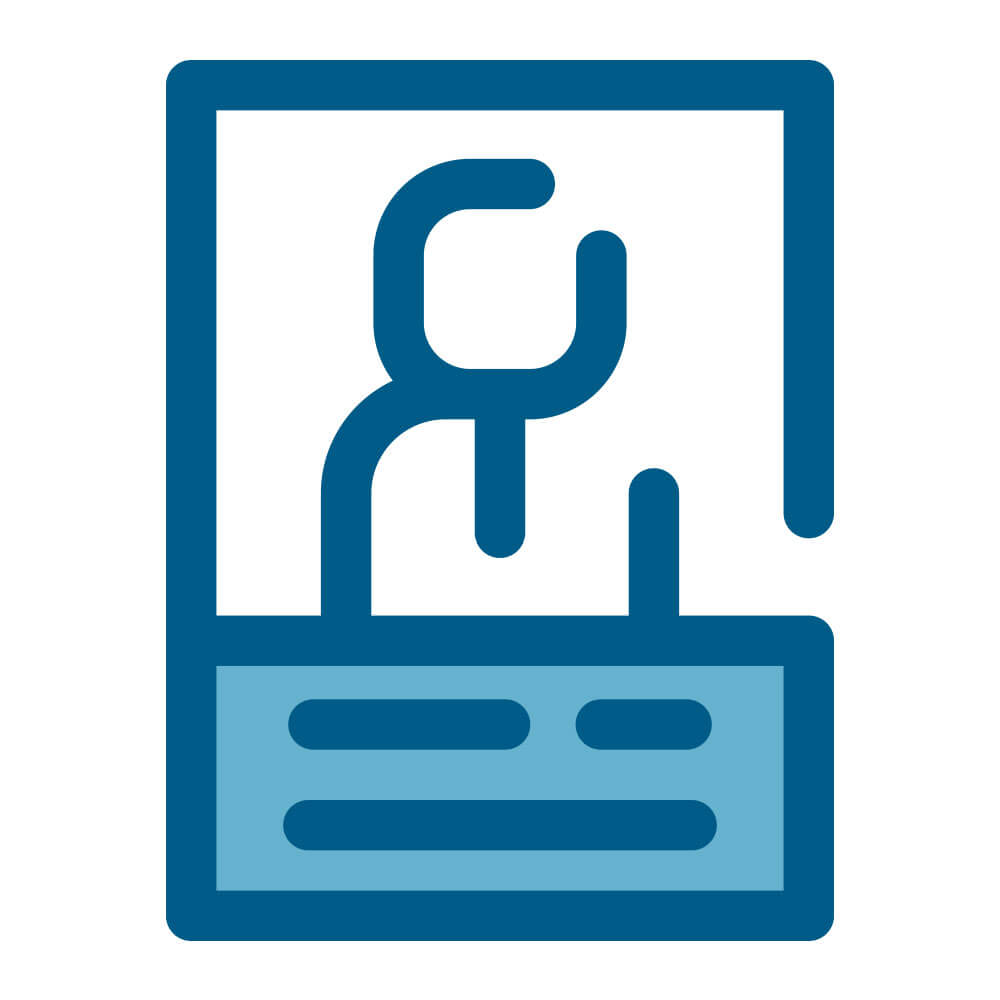
|
3. Identity Fraud Scammers steal your identity to secure credit cards, bank loans, and even rent property in your name. Even children are susceptible to identity fraud.
|
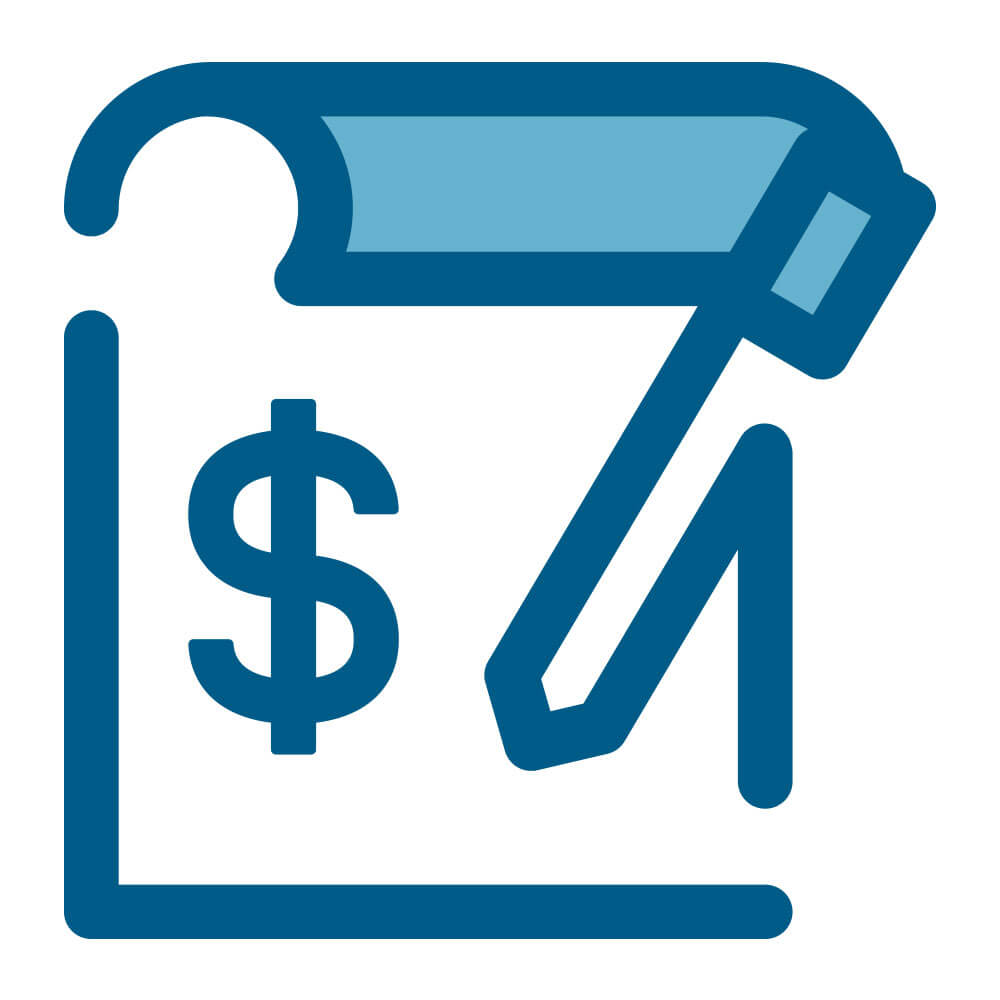
|
4. Advance Fee Loan Paying an up-front fee to get a loan is illegal in Canada and the US. These scammers prey on those who don’t qualify for loans through reputable lenders.
|
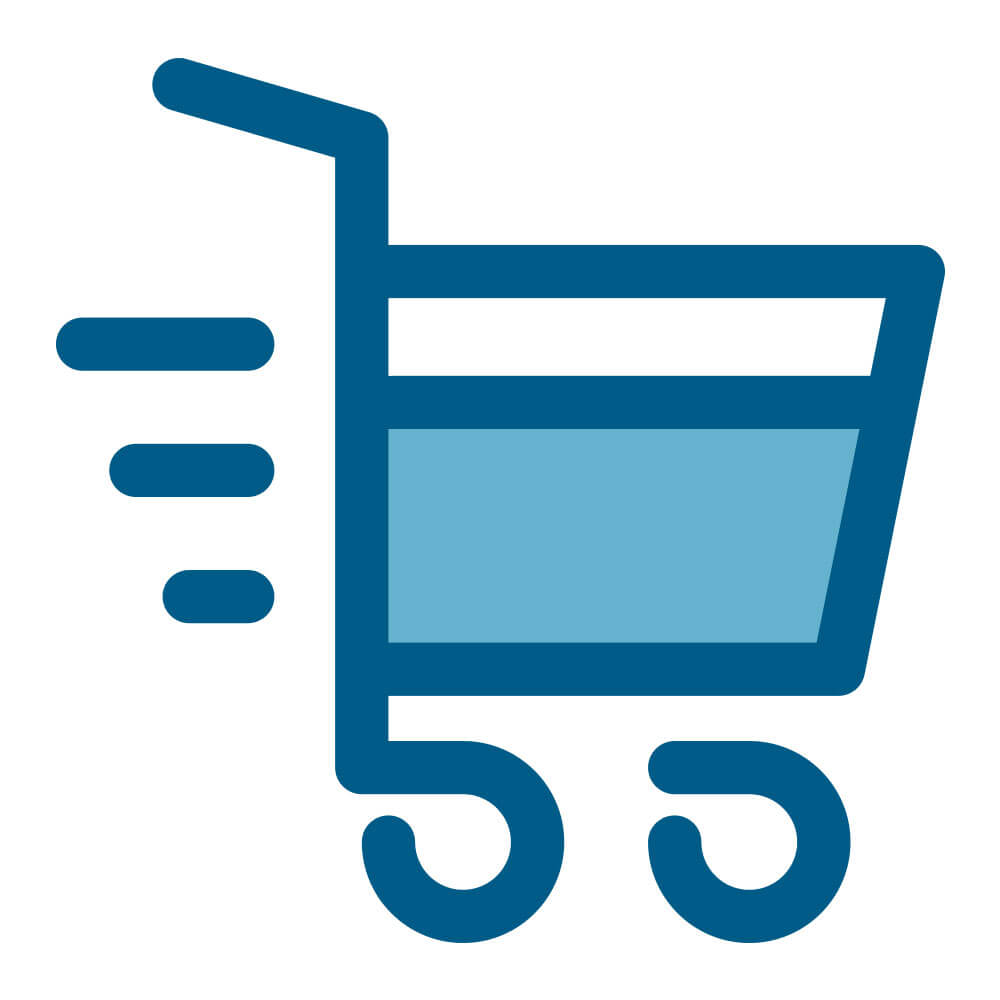
|
5. Online Purchase Scams Scammers have new online avenues to take your money and trust. Counterfeit merchandise, goods that never show up, fake websites, and free trial traps are everywhere.
|
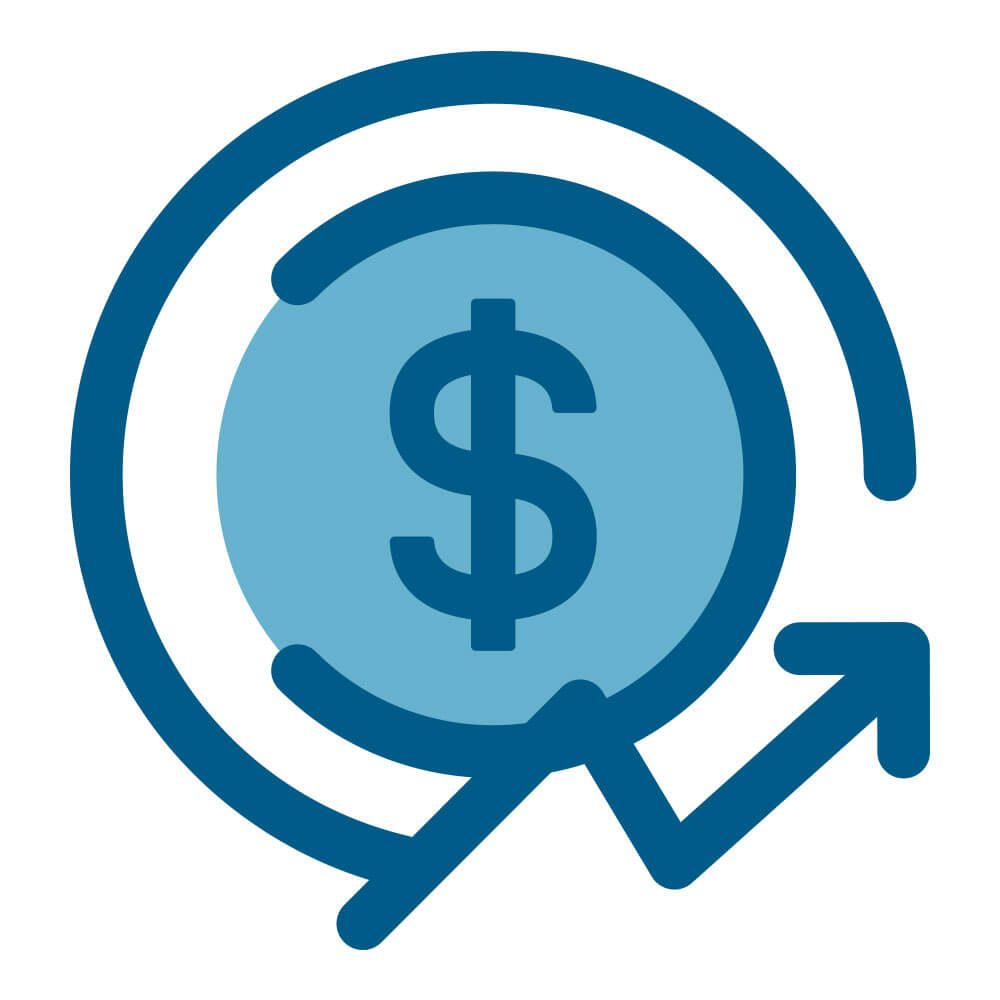
|
6. Wire Fraud – “Spearphishing” Spearphishing is a big problem for the business community. Millions are lost when scammers pose as company brass and demand money be wired to a fake company email.
|
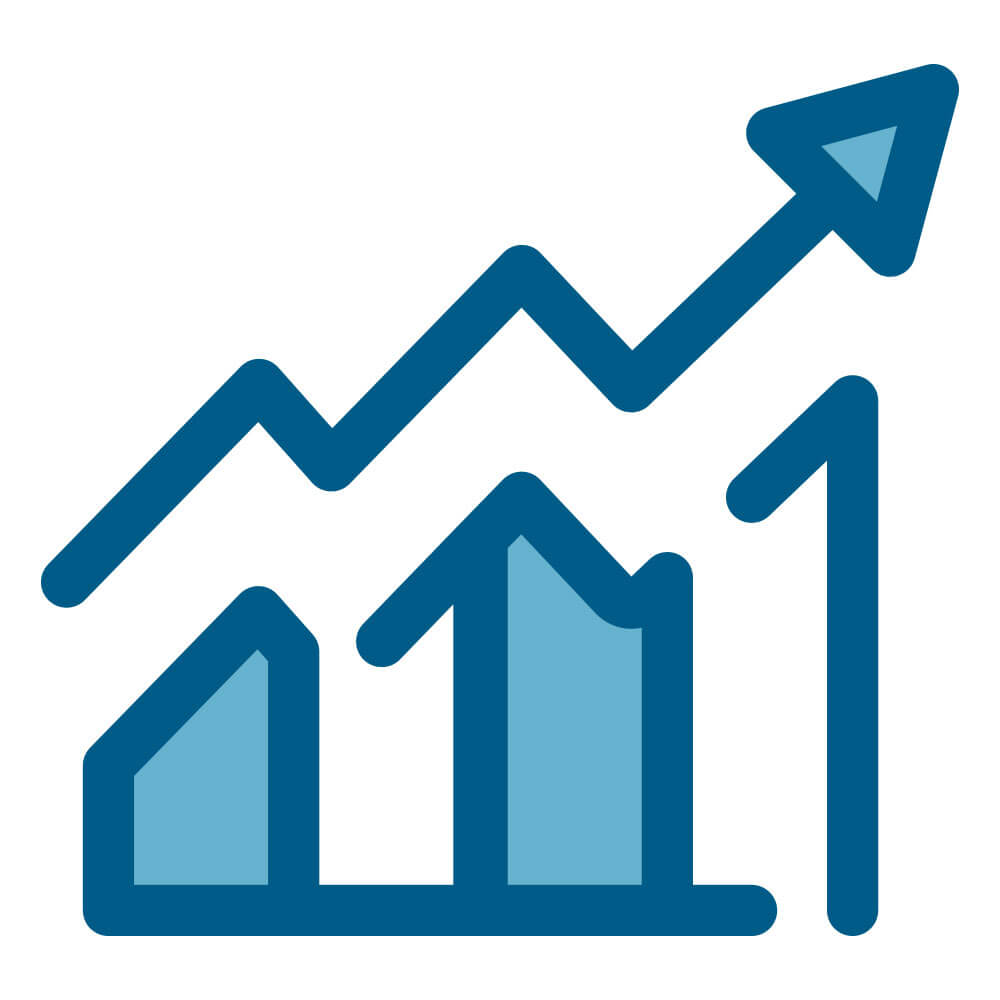
|
7. Binary Options Scam Big promises of low risk, high returns, and full refunds entices Canadians to take a chance. It’s really just an unregulated 50/50 bet and not investment at all. They delay any winnings…if you win at all.
*Source: Canadian Anti-Fraud Centre |
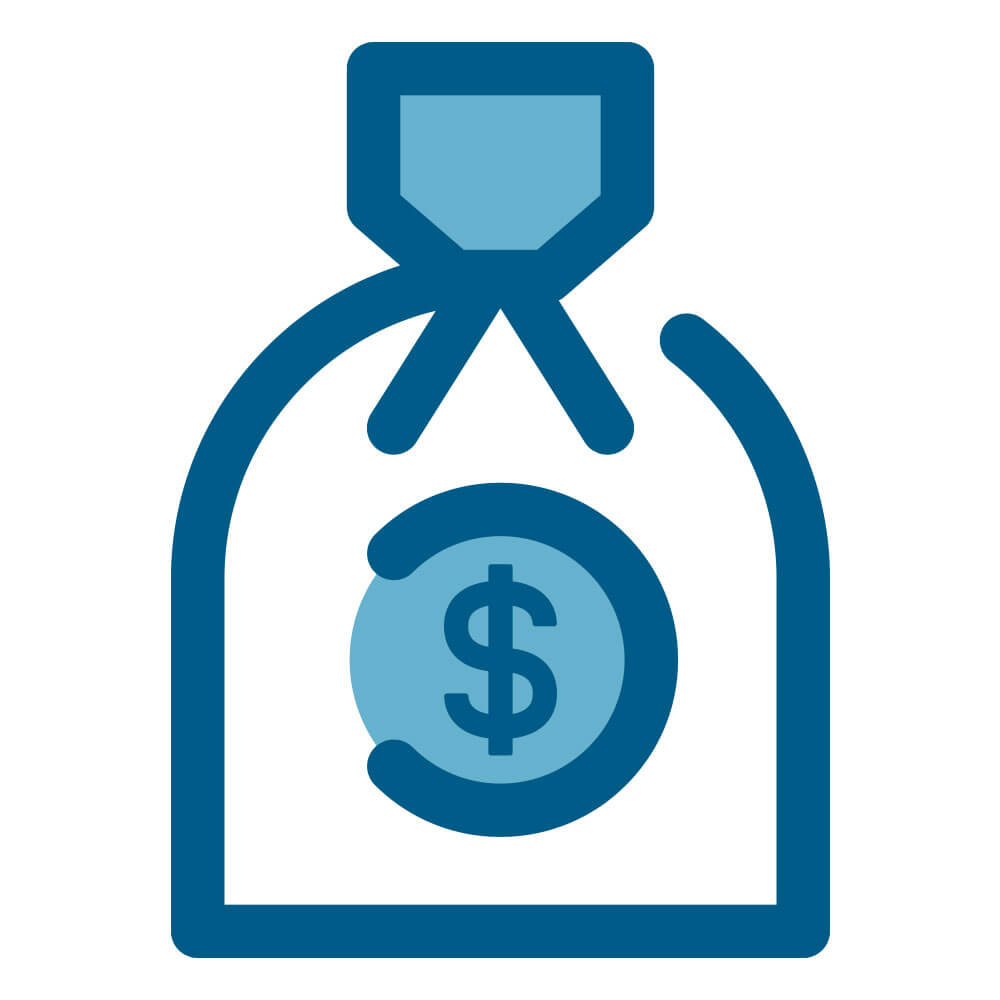
|
8. Fake Lottery Winnings If you didn’t enter…you didn’t win. Calls come in at all hours telling you you’ve won a big US lottery! You just need to pay a tax or insurance fee before you get your millions. It’s way too good to be true.
|
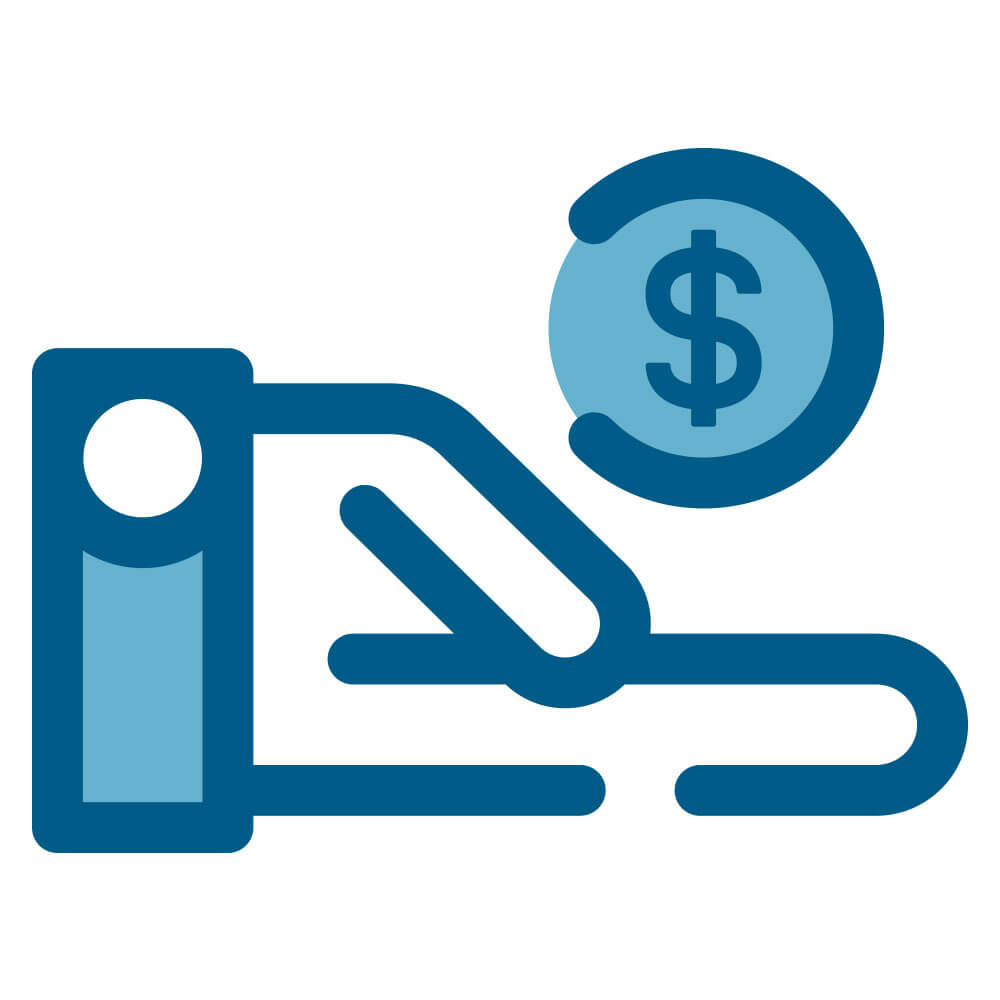
|
9. Canada Revenue Agency Scam Our number one scam in 2016. While this scam is still being reported, a crackdown on a call centre in India in 2016 has seen a dramatic decrease in the number of calls targeting Canadians.
|

|
10. Fake Online Endorsements and Sponsored Content Consumers are often enticed to purchase a product or service based on reviews by social media influencers. Unfortunately, theses reviews may not be genuine and the influencer may have been paid by a company to be used as a marketing tool.
|

